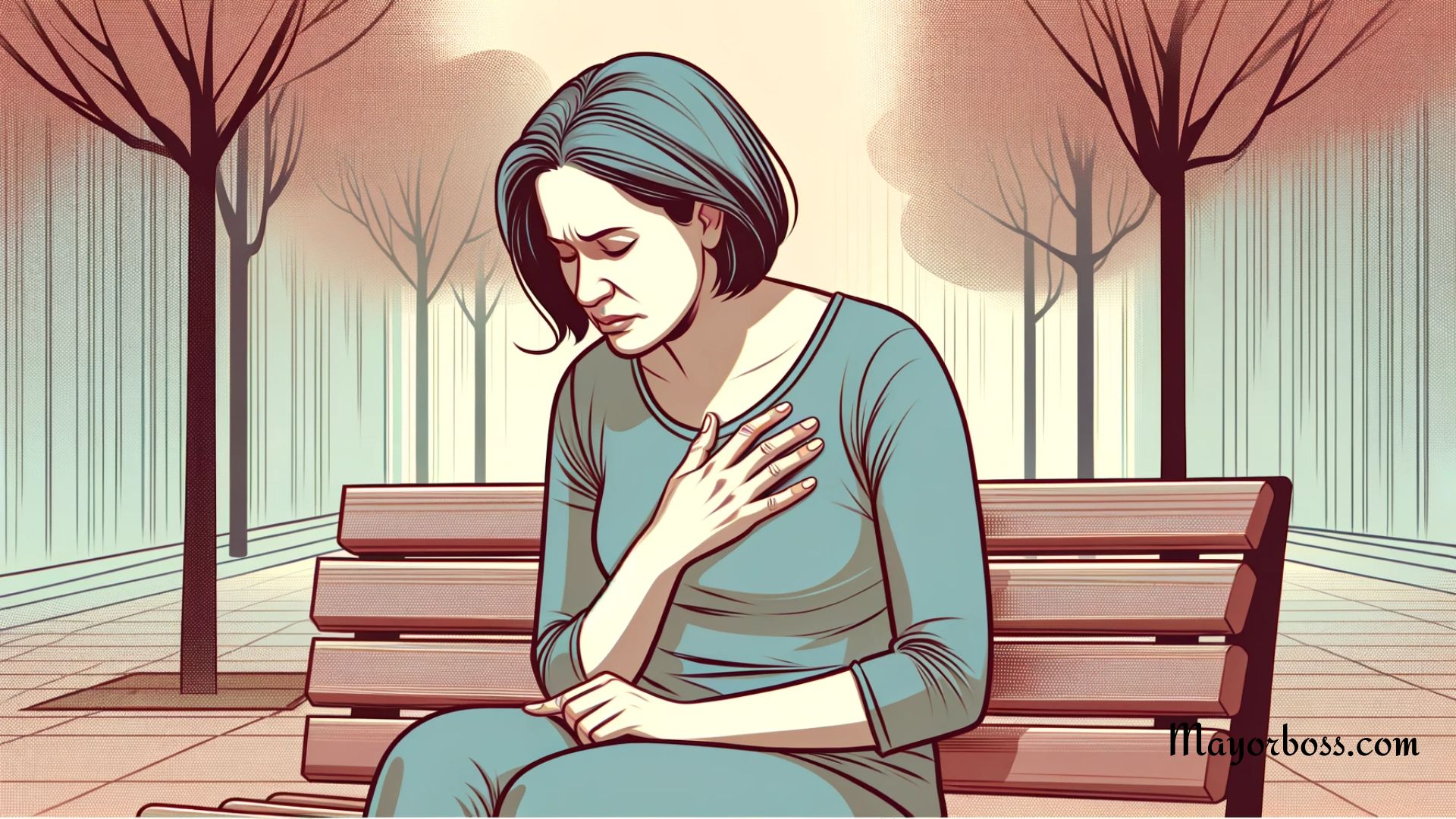What are Heart Diseases?
What are Heart Diseases?
Put simply, heart diseases include a range of conditions affecting your heart. They can involve narrowed or blocked blood vessels, problems with heart rhythm (arrhythmias), and conditions affecting your heart’s muscles, valves, or other structures.
Types of Heart Diseases
- Coronary Artery Disease (CAD): This is actually the most common form of heart disease. Typically, it occurs when the arteries supplying blood to your heart muscle become hardened and narrowed due to plaque buildup, limiting blood flow to your heart.
- Heart Arrhythmias: These are irregular heartbeats. Your heart might beat too fast, too slow, or irregularly, which can affect how well your heart works.
- Heart Failure: This doesn’t mean your heart stops beating. Instead, it indicates that your heart isn’t pumping blood as well as it should.
- Congenital Heart Defects: These are heart irregularities that are present at birth.
- Cardiomyopathy: This condition makes the heart muscle harden or grow weak.
- Heart Failure: This doesn’t mean the heart stops; it means the heart isn’t pumping blood as well as it should.
- Heart Valve Diseases: These occur when one or more of the heart valves don’t work properly.
Causes and Risk Factors
Age: The risk of heart disease increases as you get older.
Unhealthy Lifestyle Choices
- Poor Diet: Eating foods high in salt, saturated fats, and refined carbohydrates can significantly contribute to the development of heart disease.
- Lack of Physical Activity: Being inactive can worsen other risk factors for heart disease, like obesity, high blood pressure, high cholesterol, and diabetes.
- Smoking and Alcohol: Smoking damages your blood vessels, and excessive alcohol intake can raise blood pressure.
Health Conditions
- High Blood Pressure: Over time, this can damage arteries and limit blood flow to your heart.
- High Cholesterol: High levels of bad cholesterol can lead to plaque buildup in arteries.
- Diabetes: Increases your risk of heart disease, especially if blood sugar levels aren’t well controlled.
Genetic Factors
Sometimes, heart disease can run in families. If your family has a history of heart disease, you might be more prone to developing it.
Symptoms of Heart Disease
Symptoms of heart disease depend on the type of heart disease you have. However, common symptoms include:
- Chest Pain or Discomfort: Often the most noticeable sign, especially in CAD.
- Shortness of Breath: You might feel like you can’t catch your breath, especially during physical activities.
- Fatigue: This can be more pronounced with heart failure.
- Irregular Heartbeats: You might feel a fluttering or a racing heart.
- Swelling in Legs, Ankles, or Feet: This is often a sign of heart failure.
- Fainting or Dizziness: Can occur due to arrhythmias or other heart issues.
- Pain in the neck, jaw, throat, upper abdomen, shoulder or back

Prevention and Management
Lifestyle Changes
- Healthy Diet: Focus on eating a balanced diet rich in fruits, vegetables, whole grains, and lean proteins.
- Regular Exercise: Accomplish at least 150 minutes of moderate aerobic weekly exercise.
- Quit Smoking: This is crucial for heart health.
- Limit Alcohol: Keep alcohol consumption to moderate levels.
Regular Health Checkups
Regular checkups can help catch risk factors like high blood pressure or high cholesterol early.
Medications and Treatments
If lifestyle changes aren’t enough, your doctor might prescribe medications to control high blood pressure, high cholesterol, or other heart disease risks. In some cases, surgical procedures might be necessary.
When to See a Doctor
You should see a doctor if you experience symptoms like chest pain, shortness of breath, or fainting. Regular check-ups are also important, especially if you have risk factors for heart disease.
Further Reading: 6 Ways to Reduce Your Risk of Heart Disease
